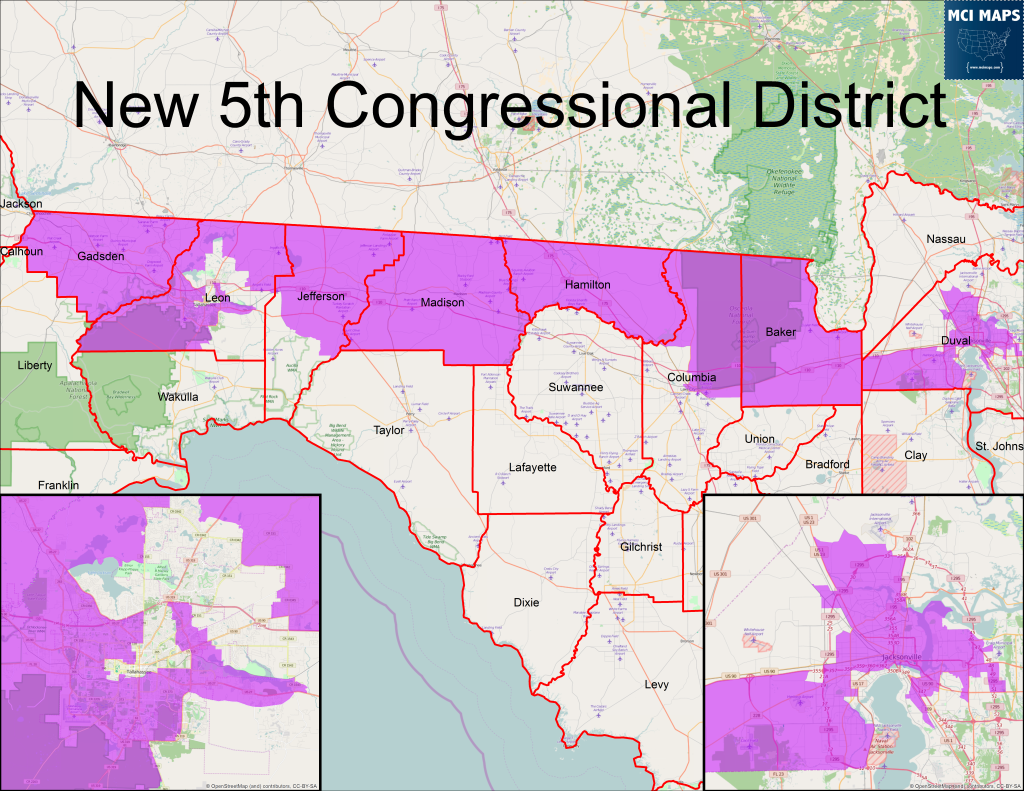Maybe? It would help to have some examples. We have data in a couple states, counties, and cities so far in the data dir. What would their concordances with OpenCivicData look like? Right now we've been relying on FIPS codes.
On Tue, Mar 7, 2017 at 2:41 PM, showerst notifications@github.com wrote:
Understanding this is a massive lift, it would be really cool if you could add OpenCivicData https://github.com/opencivicdata/ocd-division-ids identifiers to the metadata where possible.
I know openelections uses them, so maybe it can be integrated into your workflow somehow.
— You are receiving this because you are subscribed to this thread. Reply to this email directly, view it on GitHub https://github.com/nvkelso/election-geodata/issues/56, or mute the thread https://github.com/notifications/unsubscribe-auth/AA0EO3EJ-8sX1z6LAByOe6wSXvvMrYQTks5rjd0vgaJpZM4MWIEs .


Understanding this is a massive lift, it would be really cool if you could add OpenCivicData identifiers to the metadata where possible.
I know openelections uses them, so maybe it can be integrated into your workflow somehow.